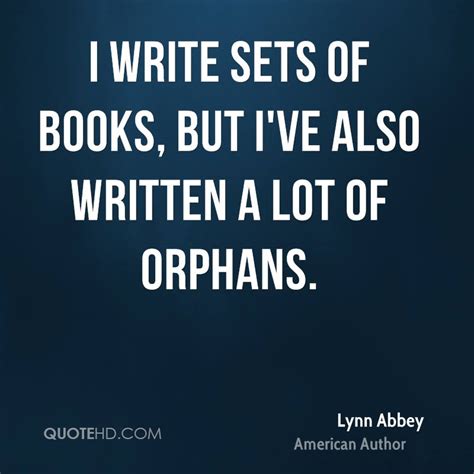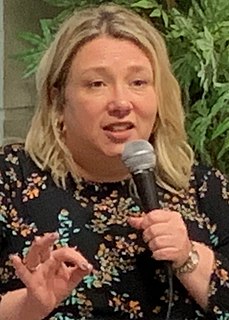Цитата Кена Фоллетта
Читаю в основном художественную литературу, много романов 19 века.
Темы цитат
Связанные цитаты
Если вы читаете романы 19-го века, они довольно экспериментальны. Они рискуют; они, кажется, нарушают много правил. У вас есть всезнающие рассказчики, которые время от времени читают лекции читателю от первого лица. Если вернуться к самым ранним романам, то это происходит в дикой степени, как «Тристрам Шенди» или «Дон Кихот».
Я действительно много читаю, и я думаю, что в последние годы соотношение между количеством документальной литературы и художественной литературы значительно изменилось. В подростковом возрасте я тоже читал художественную литературу, в основном потому, что, конечно же, меня заставляли читать художественную литературу, чтобы закончить среднюю школу.
Англо-американская традиция гораздо более линейна, чем европейская. Если вы думаете о таких писателях, как Борхес, Кальвино, Перек или Маркес, то они не связаны подобным образом. Они не выходят из классического романа 19-го века, с которого начинаются все проблемы. Романы 19-го века прекрасны, и мы все должны их читать, но мы не должны их писать.
Романы не должны претендовать на ответы на вопросы, и я ни в коем случае не осмеливаюсь давать советы о любви или браке. Что меня восхищает в браке как предмете для художественной литературы — предмете, которым художественная литература с удовольствием занимается с 19-го века, — так это то, насколько непознаваемы отношения других людей. Даже браки ваших родителей, ваших братьев и сестер, ваших самых близких друзей всегда остаются чем-то вроде тайны. Только в художественной литературе можно притворяться, что знаешь людей полностью.


































